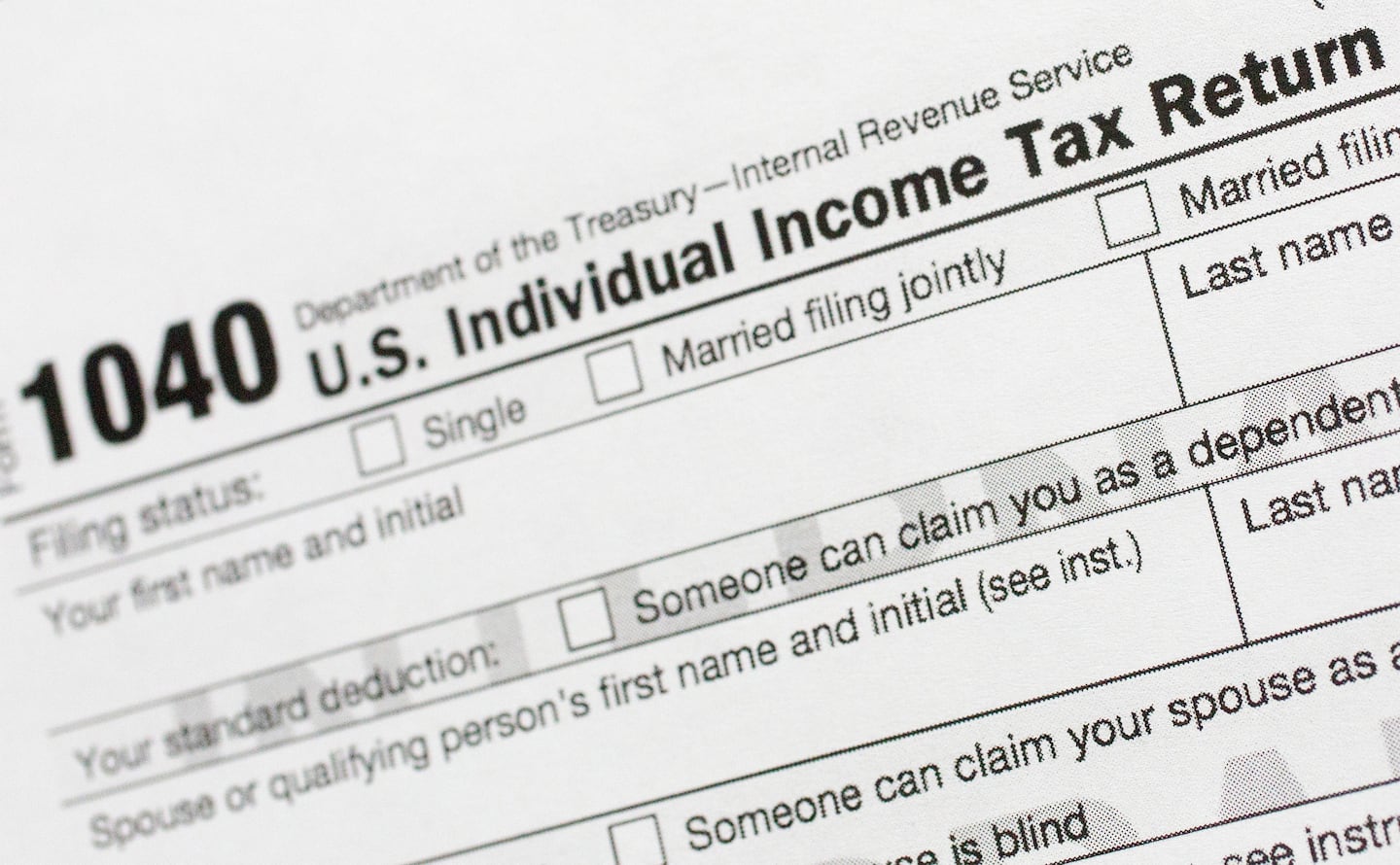Don’t file a paper 2020 federal tax return if you don’t have to, IRS watchdog warns

“There’s nothing on the website that would give you some comfort that at least the return had been opened,” said the New Jersey woman, who helps her son with his tax returns. “I’ve spoken to four or five people at the IRS, and they said, ‘Please don’t file a duplicate tax return.’ I think there are millions of others who are in the same predicament.”
She’s right.
The IRS received roughly 16 million paper individual returns last year. As of Dec. 25, the agency said, it still had 6.9 million individual tax returns in the “processing pipeline” — which is over 40 percent. Interestingly, the IRS changed the language of its update from saying the returns were “unprocessed.” I assume it was to give people some hope that there’s movement on their returns.
The IRS said it is rerouting tax returns and taxpayer correspondence to locations where more staffing is available. Other than responding to any requests for information, the IRS said there’s nothing people can do.
“For refunds that could not be issued in 2020 because the tax return is being corrected, reviewed or awaiting correspondence from a taxpayer, the refund will be issued as a paper check in 2021 per our normal processes,” the IRS said in an operations update. “Taxpayers are encouraged to continue to check ‘Where’s My Refund’ for their personalized refund status.”
Here’s the bottom line for the upcoming 2021 tax season: Paper-return backlogs are large and likely to grow, so anyone who can e-file should do so, said National Taxpayer Advocate Erin M. Collins. The Taxpayer Advocate Service (at taxpayeradvocate.irs.gov) is an independent organization within the IRS that helps taxpayers.
“There’s the added challenge that the last filing season had to deal with because of covid,” Collins said in an interview. “And in my opinion, I think it’s going to overlap into the next filing season.”
Don’t just blame the IRS for the delays in processing returns, Collins said. The agency has had a roughly 20 percent reduction in its budget (adjusted for inflation) since fiscal 2010, resulting in antiquated technology and inadequate staffing levels, Collins said in her annual report to Congress. Over the past 10 years, the IRS workforce has shrunk by about 20 percent.
The pandemic exacerbated the problems the IRS was already dealing with, Collins said.
IRS personnel who open and process tax returns and answer the toll-free telephone lines had to follow social distancing guidelines and stay-at-home orders, which resulted in taxpayers’ paper returns and mail sitting unopened in trailers for months. The herculean task of delivering two rounds of stimulus payments stretched IRS resources even further, Collins said.
With social distancing still in place, Collins is concerned about whether the IRS will have enough workers who can process the paper backlog and the coming onslaught of mailed returns when the 2021 tax season opens, which should be soon. “If you’re going to have a refund situation, I think it would be very beneficial this coming filing season to file electronically,” she said.
It’s not always a choice for people to file electronically.
There are more than 40 forms that still require a taxpayer to mail a paper return, Collins said in the annual report. “The IRS should expand its electronic filing capabilities to allow all taxpayers an e-filing option, regardless of the return or any associated schedules, documents, and attachments,” she urged.
But if it’s just a matter of habit or doubts about the security of electronic filing, this is the year get past that and email your return.
“During the pandemic, it is more important than ever that taxpayers choose to file their returns electronically and not send them in by mail,” the IRS said in a statement about the 2021 filing season. “It is also more important than ever that taxpayers choose direct deposit on their returns and provide up-to-date banking information for their refund.”
On that last point, people who filed electronically over the past two years and had their refunds sent by direct deposit to their bank accounts had fewer issues with receiving a stimulus payment, Collins said. This is important to note, since President-elect Joe Biden is putting together a $1.9 trillion relief package that would boost the second stimulus payments for Americans to up to $2,000 per individual.
“I’ve been doing paper returns for a long time,” the New Jersey reader told me. “I’ve learned my lesson. No paper returns anymore.”






